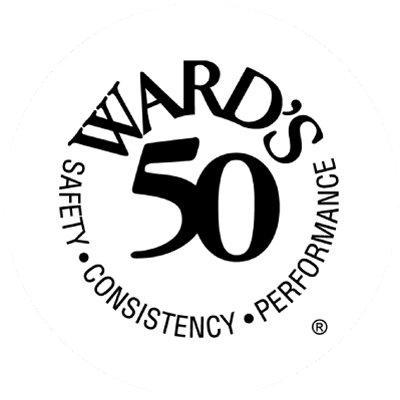
Crisis Communication for Business Owners
The world today has faced an increasing number of crises that affect the workplace, including natural disasters, workplace shootings, pandemics, accidents, and so on. In the event of an emergency, make sure to clearly communicate with your employees to keep them informed about what’s going on and to let them know how you’re dealing with the crisis.
How to Effectively Communicate with Your Employees Before, During, & After a Crisis
Whether the event is a workplace accident or natural disaster such as a hurricane, it’s crucial to be prepared. In this blog, you’ll learn more about what you can do as a business owner to guide your employees before, during, and after a crisis.
Anticipate and Plan for Crises
To effectively communicate with your employees in the event of a crisis, it’s important to be proactive. Have a plan in place.
- Consider crises that your organization could potentially encounter.1
- Assemble a crisis communications team to brainstorm ideas about the crises your business may face and how to prepare.
- By putting together a plan before a crisis happens, you may see that some situations are preventable by modifying existing procedures; this can help in creating responses, as well.
- Make sure your plan contains information specific to different crises, and that the plans are tailored to your organization and its needs.2
- Periodically practice some disaster response scenarios to ensure preparedness.
- Once solidified, share your plan with employees.
Communicate with Employees
One of the key elements of effective crisis communication for business owners is clear communication with your employees throughout every step of the crisis.
- In the event of a crisis, first, show empathy to employees. Genuine compassion and understanding can help alleviate employees’ fears in difficult situations. When faced with a crisis of any kind, the human element should be the first priority; share clear, honest communication.3
- Employees want the reassurance from an executive to feel safe. Determine ahead of time who will be responsible for communicating with employees on a regular basis about the crisis, when the company will reopen, what safety precautions have been put into place, and so forth.4
- Be as honest and transparent as possible. If you don’t have an answer, tell employees, reassuring them information will be shared as soon as it’s known. As information during a crisis changes quickly, make sure to update employees regularly.
- Use various channels to reach all employees. A company intranet or program such as Slack may work for offices, but for other businesses, such as retail or hospitality where employees may not have immediate access to company emails, you may need to rely on phone calls, text messaging or paper memos.
- Create a dedicated and mobile-accessible location where crisis related information can be accessed by employees. Information may include corporate messages, FAQs, policy updates and links to sources of authority such as the World Health Organization, Red Cross, CDC, local news outlets, etc.
- Help your employees by being a source of non-work related information, too. Share information about local resources they might need during a crisis, such as food supplies, childcare, or medical facilities.5
Next Steps/Cleanup and Restoration
- As the recovery stage gets underway, keep your workers informed about what’s next. Make sure to communicate any changes such as:
-
- Office/store hours
- The ability to work remotely or part-time, if possible
- The need to update supervisors of any problems they’re having with their work
- Areas of the building which may be unsafe, if applicable
- Road conditions and traffic issues
Recovery Assistance for Employees
- Make this difficult time a little easier for your employees by putting them in contact with organizations that can help them. Include contact information (links to websites, phone numbers and physical addresses) for federal and local agencies, churches, mental health facilities, and community centers.
- Does your business have an employee assistance program (EAP) in place? If so, remind your employees that this support resource is available.
Take Care of Customers
- Communicating with customers and vendors is key to ensure that they understand what’s going on and how you’re dealing with it. Not only are you helping your business survive, but you’re adding a sense of normalcy and reassurance to your employees that business will continue.
Prepare for Future Disasters
- Once things are back to normal, don’t wait to review and update your company’s disaster recovery plan. Figure out what worked and what didn’t work and change accordingly. Make sure to share your updated plan with all employees.
Recovery Takes Time
- Keep in mind that disaster recovery takes a long time. Learn from the crisis, and make solid plans for future crises, which hopefully won’t be for a long time.
*Originally published by Merchants on July 6, 2021.
Does your small business have the coverage it needs? Use our Find an Agent tool to locate an independent insurance agent near you!
Sources:
1, 3. SHRM.org



